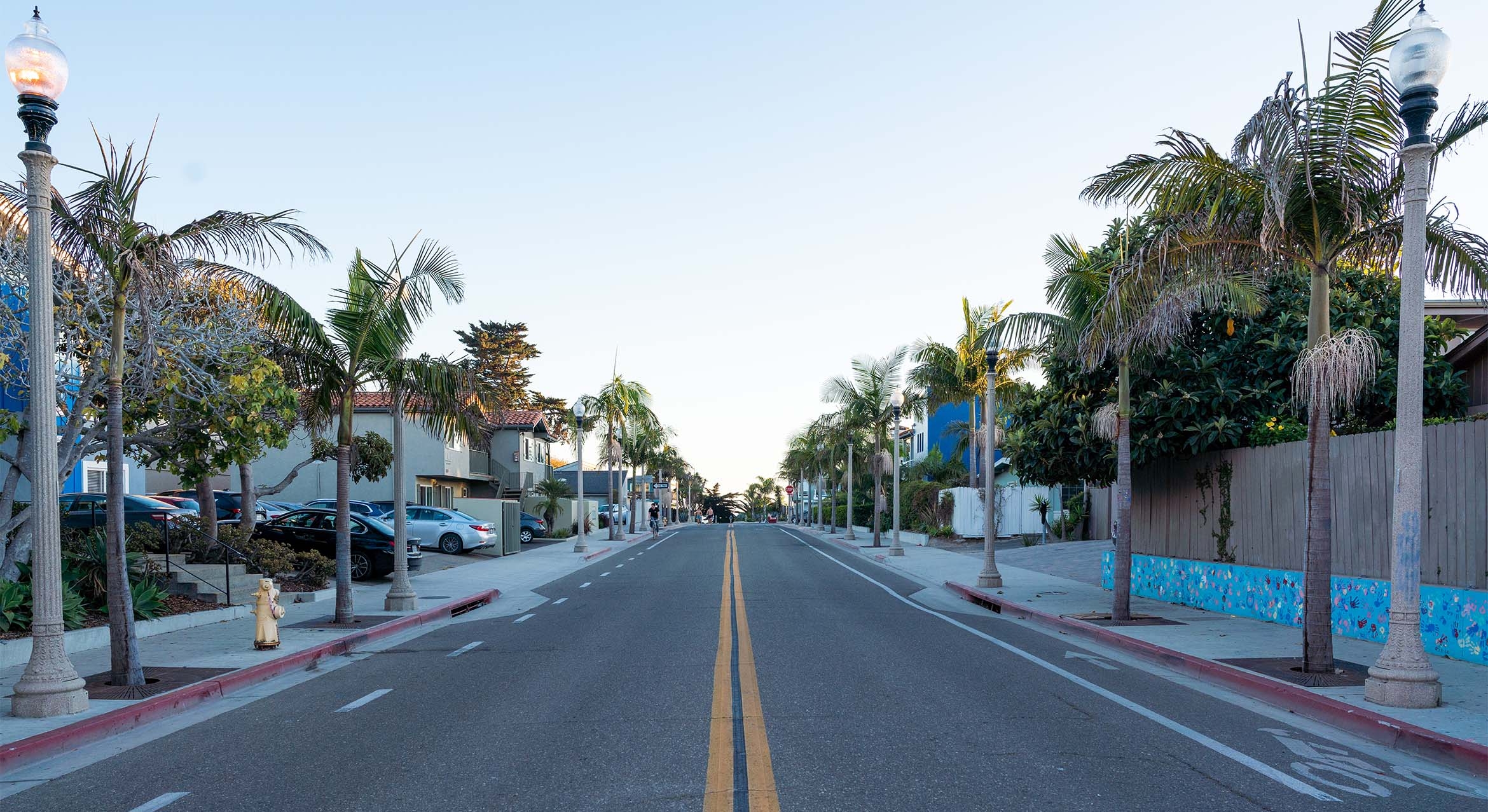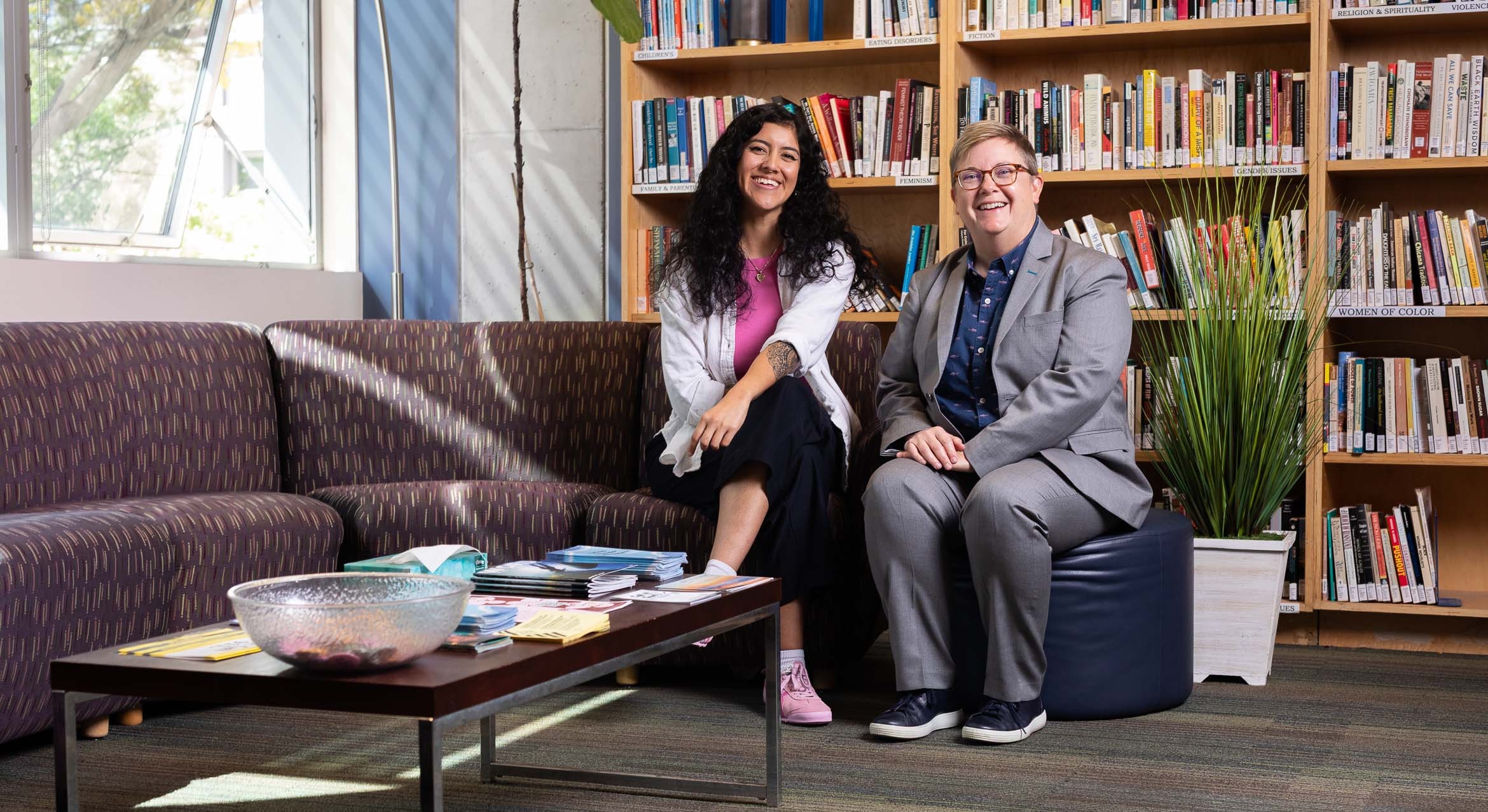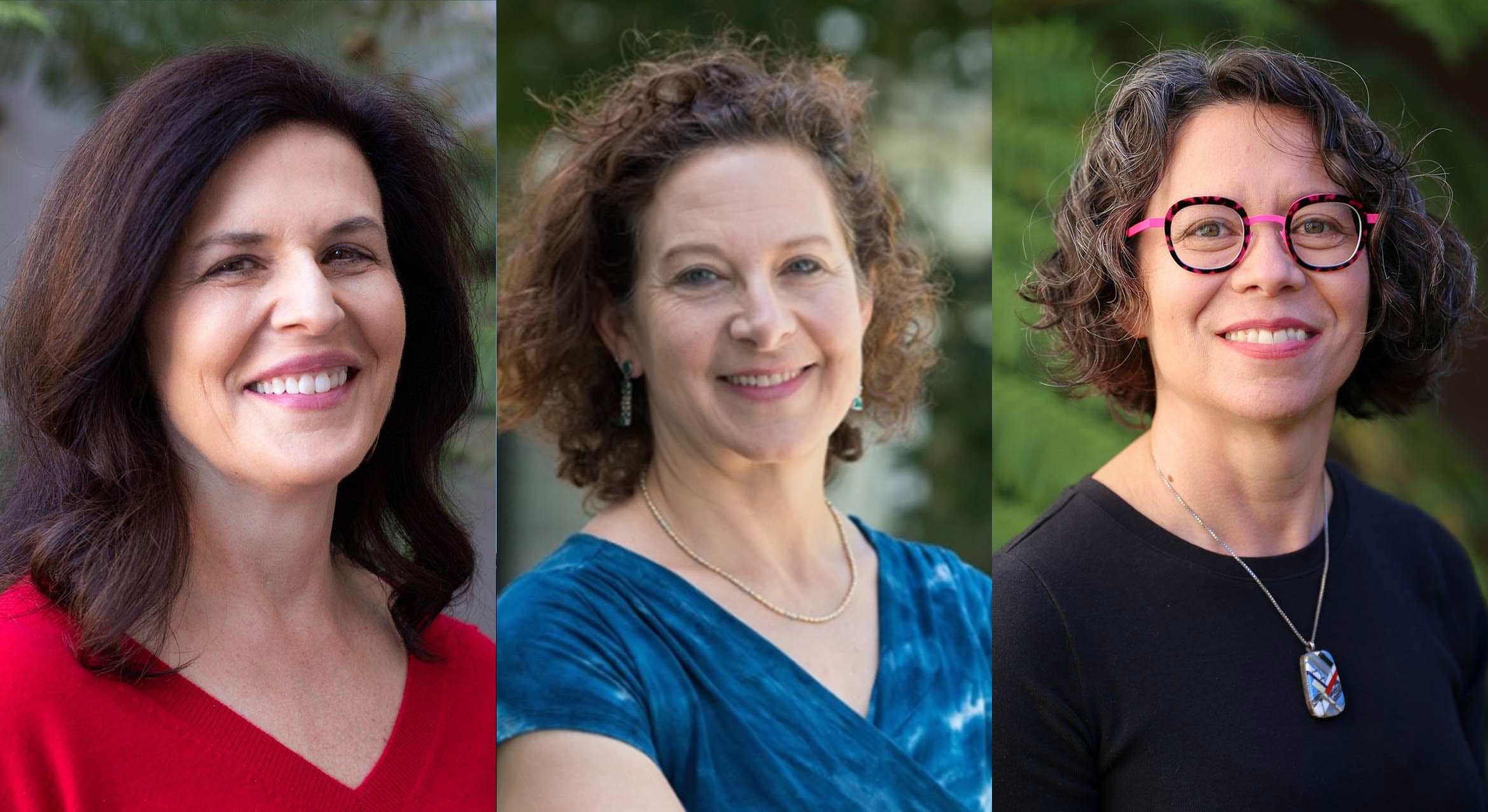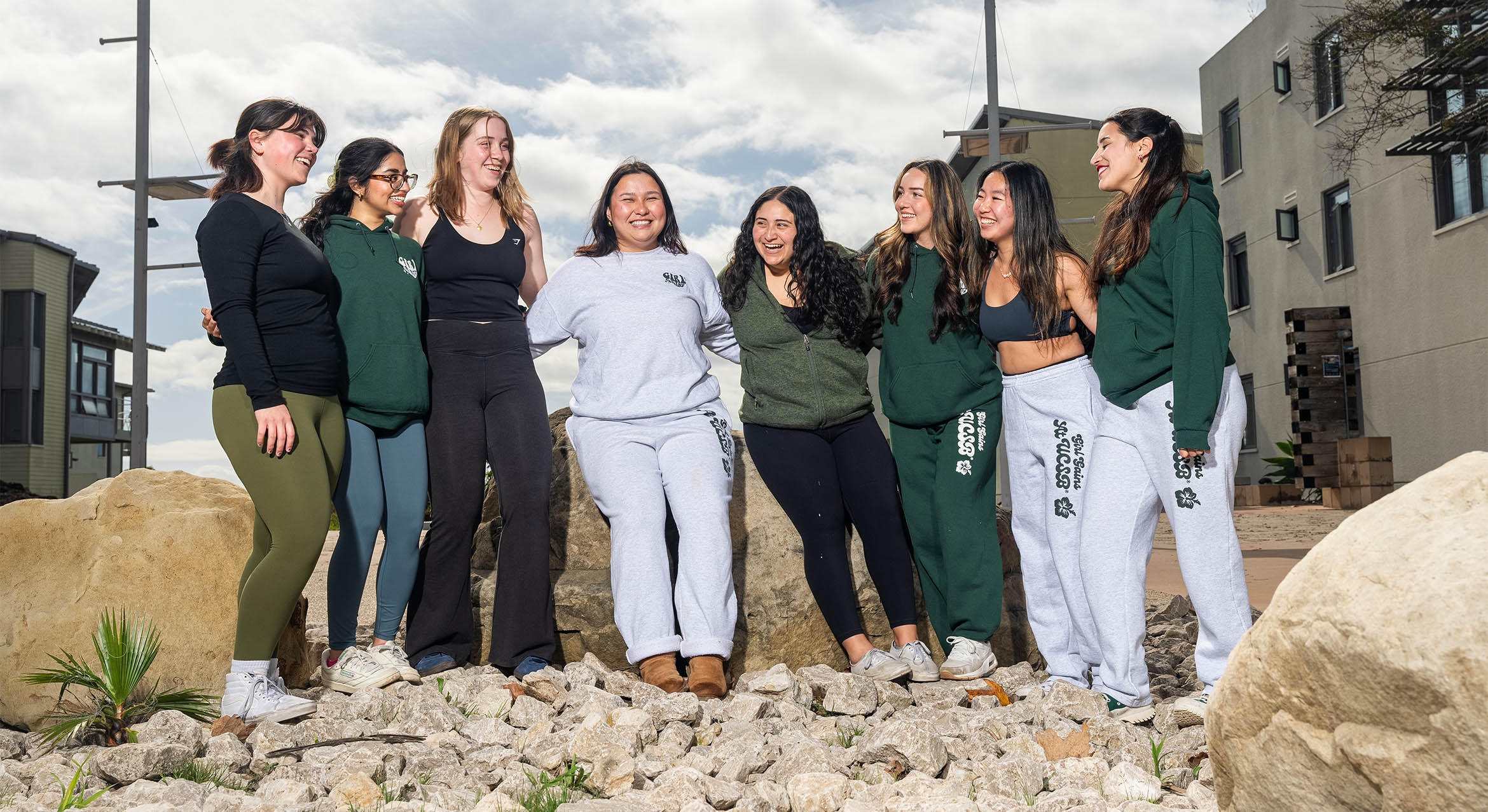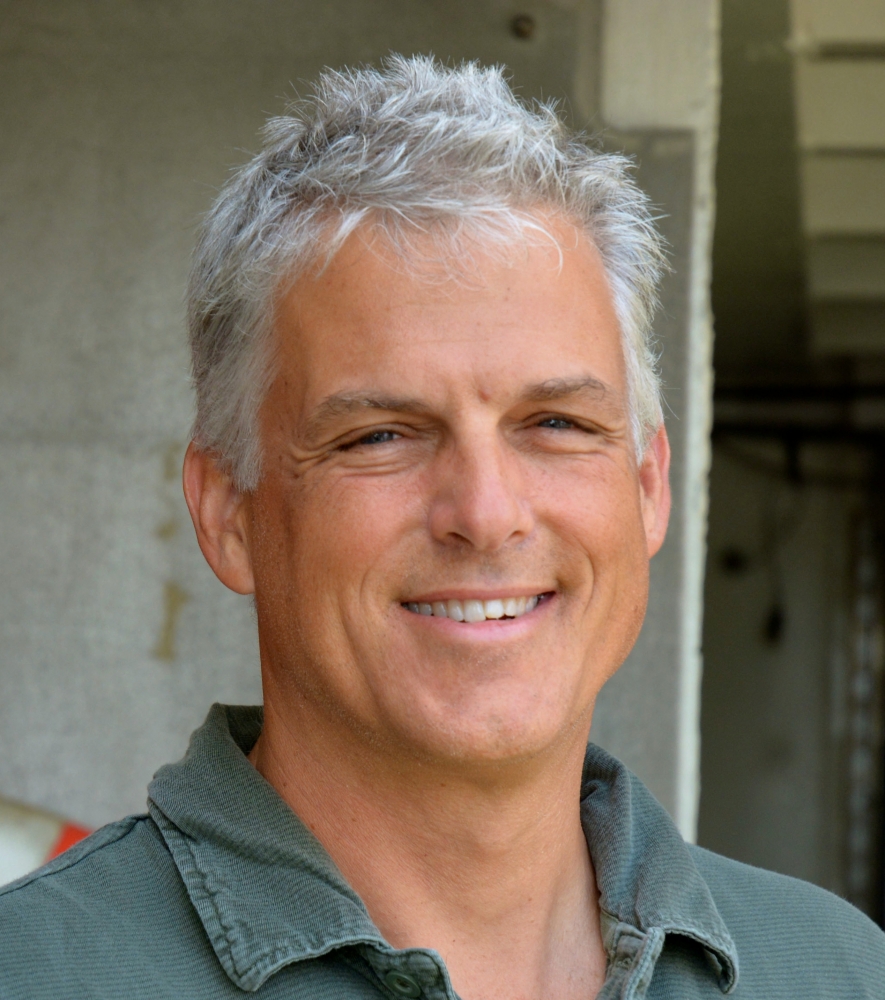
Professor Receives the Hutchinson Award
Craig Carlson, chair of UC Santa Barbara’s Department of Ecology, Evolution, and Marine Biology (EEMB), has received the G. Evelyn Hutchinson Award from the Association for the Sciences of Limnology and Oceanography (ASLO). This is the second major award for Carlson, who was honored with the inaugural American Geophysical Union’s Ocean Sciences Early Career Award in 2002.
“Microbial oceanography is a fascinating area of research with many outstanding scientists and colleagues who continue to push the cutting edge of this discipline,” said Carlson, who is also a member of the Marine Science Institute. “When I look at the list of previous recipients of the Hutchinson Award, whom I have long respected, I am truly humbled and am honored to have been named this year’s recipient.”
The G. Evelyn Hutchinson Award has been presented annually since 1982 in recognition of excellence in any aspect of limnology (the study of inland waters as ecological systems) or oceanography. In lending his name to the award, Hutchinson asked that recipients be scientists who had made considerable contributions to knowledge and whose future work promised a continuing legacy of scientific merit.
Carlson was cited for accurately mapping variation in dissolved organic carbon (DOC) and linking it to the dynamics of microbial communities. His work established scientific concepts now considered vital to understanding the ocean carbon cycle and assessing its impact on future planetary health. In February, Carlson will travel to Granada, Spain to receive the Hutchinson Award at ASLO’s international meeting.
Prior to Carlson’s involvement, DOC was considered a large but staid reservoir of carbon. He married the biogeochemistry of carbon to microbial dynamics to an extent never before accomplished. Thanks to his pioneering work, today DOC is recognized for its quantitatively significant and dynamic role in the cycling of ocean carbon.
Investigations in the Carlson Microbial Oceanography Lab focus on the role that marine microbes play in the cycling of elements through oceanic dissolved organic matter (DOM) and the biogeochemical significance of DOM in the marine carbon cycle. Carlson’s team employs a variety of oceanographic, microbiological and molecular approaches to quantify and characterize both DOM composition and the microbial composition that grow on these substrates. The ultimate goal of Carlson’s research is to gain a better understanding of the role of DOM in ocean biogeochemistry and how microbial community structure responds to and transforms DOM quantity and quality in the world’s oceans.
Carlson earned his bachelor’s degree at Colby College in 1986 and his Ph.D. in marine science at the University of Maryland in 1994. As a postdoctoral scholar at the Bermuda Institute of Ocean Sciences (BIOS), he focused on the biogeochemistry of DOM in ocean systems. Carlson joined the BIOS faculty in 1996 and remained there until 2001 when he came to UCSB. He is lead principal investigator (PI) or co-PI on several federally sponsored projects in microbial oceanography and serves as chair of the U.S. Ocean, Carbon and Biogeochemistry Scientific Steering Committee.
For more than 50 years, ASLO has been a leading professional organization for researchers and educators in the field of aquatic science. Best known for its highly rated research journals, its interdisciplinary meetings and its special symposia, the society also supports programs in public education and outreach and public policy.
